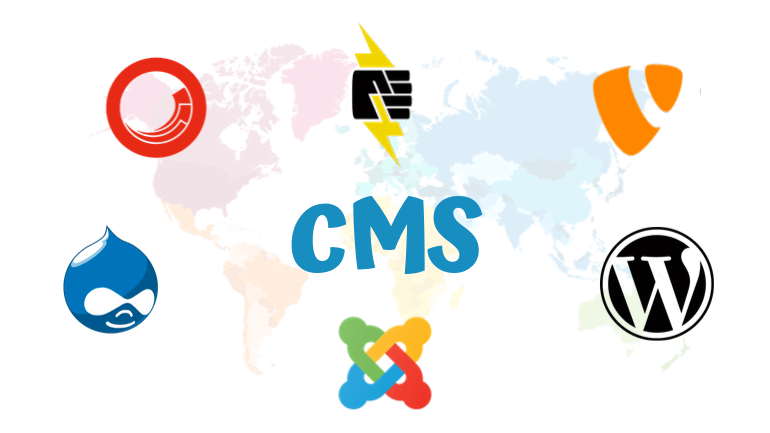According to statistics, every one minute, approximately 175 new websites are created. Regardless of the business size or industry, having an active online presence has become necessary to survive in this digital era.
This growing need for an efficient website to represent your personal identity or business has increased the demand for website domain and hosting services worldwide.
People choose different Australian web hosting sites to get technical and infrastructure-related support to create a website. But how do they manage the content and website structure? The answer is CMS software.
This blog will discuss, in detail, the different types of CMS available to host your website.
All About Content Management System
Content management system software is a platform or application that allows users to manage, create, and organise their website content as required. It is a website development tool that simplifies content creation and publishing tasks on your website by offering multiple features.
With CMS software, you can manage your content by adding, removing, or modifying different media files on your website or webpage, like images, videos, texts, etc., all without coding expertise.
It has various themes and template options to enhance your website design and many SEO tools to optimise your content for better ranking.
Different Types Of Content Management Systems
The most commonly used CMS software solutions include three types. Each differs based on its software distribution, deployment models and ownership. Let us discuss each of them below.
-
Proprietary CMS
A proprietary CMS software solution is developed and owned by a specific organisation or company. The source code for these CMS solutions is not easily available for modification as the ownership lies with the developer only.
To use a proprietary CMS, users have to purchase the license or subscribe to the platform. The fees for the same depend on multiple factors like features required, number of users, software maintenance required, etc.
Given its closed code source, this type of CMS platform offers a little limitation of customisation. Still, it comes with multiple inbuilt features for improved security, advanced tools, and a dedicated support desk. They are a top choice for companies with complex or highly technical website requirements.
-
Open Source CMS
In an open-source CMS, the source code is available to everyone for free. Any business or individual can easily view the code to modify, customise and distribute it as per their requirements.
Given its open nature, developers and users constantly create new designs and templates, improving the basic features and functionality of the software significantly.
There are no licensing or subscription costs involved with this category. It also allows users a high level of customisation options, like plug-ins, modifications, etc., to use the CMS freely to meet specific needs. This makes an open-source CMS platform highly flexible, cost-effective and convenient.
-
SaaS CMS
SaaS, Software as a Service content management system, is a cloud-based solution. The entire CMS is hosted on a cloud computing platform instead of one site. This CMS software eases the burden of managing your own hosting by providing proper infrastructure to the users.
It works on a subscription model with either monthly or annual fees.
Anyone with an active internet connection can access this EMI software via web browsers. It is an integral addition to facilitate better collaboration in remote working environments.
It is easy to use but might offer limited customisation as a third party does the hosting. SaaS CMS is a great choice for anyone looking for easy and convenient options without the hassle of server maintenance and management.
Conclusion
Each category of CMS platform has a distinctive purpose and target audience. The choice between the different types of CMS platforms solely depends on the business requirements. This includes assessing and identifying the exact type and nature of the website, technical expertise available, company budget and growth plans.
Without this clarity, choosing the right CMS software can be a little overwhelming, so do the research first.

